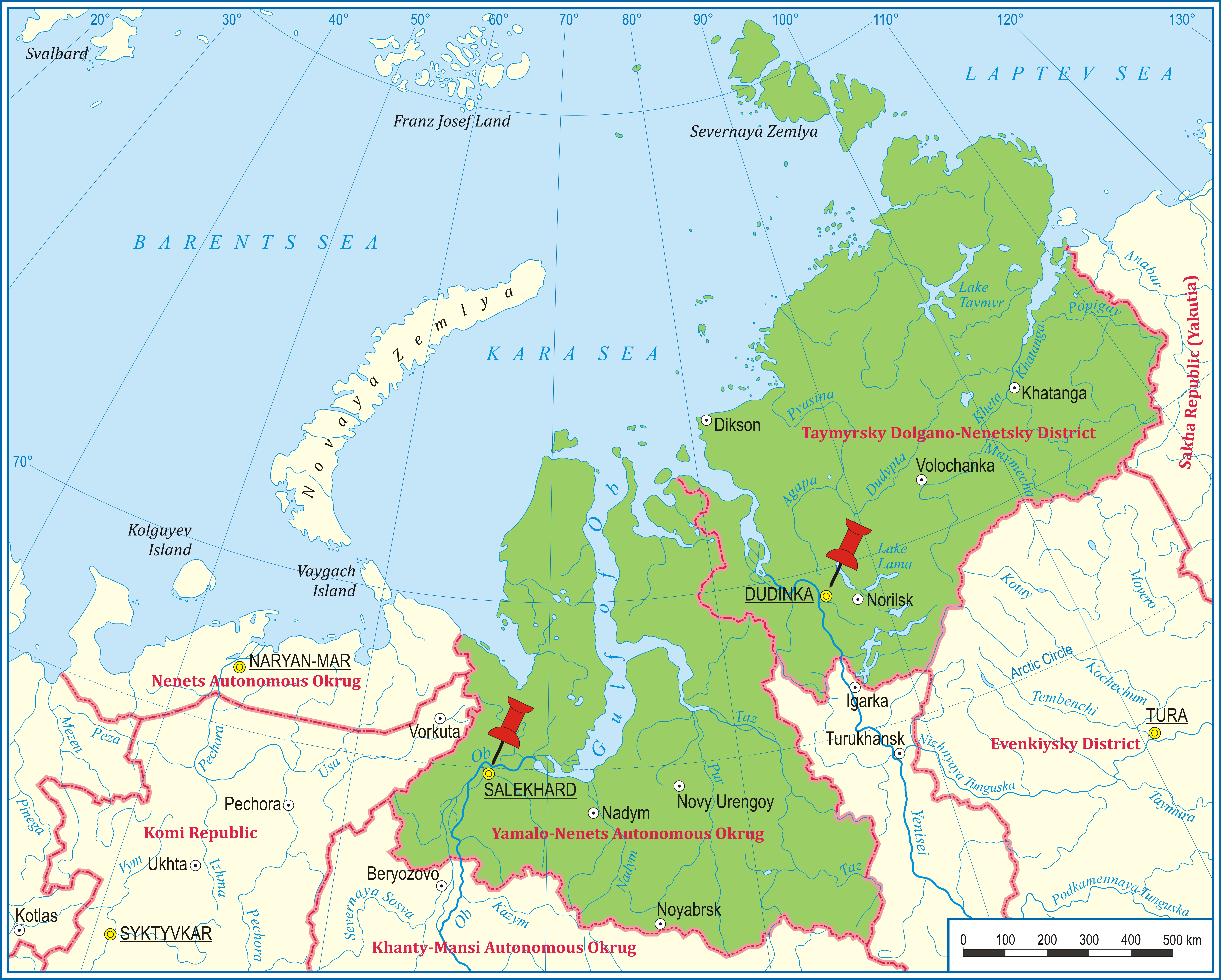ThEA
Theoretical and experimental approaches to dialectal variation and contact-induced change: a case study of Tundra Nenets
Due to an intense language contact situation reported in Northern Siberia an ongoing Subject-Object-Verb (SOV) > Subject-Verb-Object (SVO) - or rather a Subject-Verb-X phrase(*) (SVX(*)) - syntactic change is observed in the area. The aim of our project is twofold. We seek traces of a hypothetical syntatcic change in Tundra Nenets (Northern Samoyedic, Uralic) whereby the language undergoes a word order change from OV to VX*. In addition, we describe and analyse the syntax and prosody of genuine and echo questions. This serves as a good basis of investigating language change since various marking strategies of questions employed by languages show correlations – to a certain extent – with the basic/dominant word order.
We focus on two speech communities: one is spoken on the Yamal Peninsula by traditional reindeer herders, while the other is spoken in the capital of the Taymyr Peninsula (in Dudinka) by people who settled down in the city. The two varieties used in these communities are exposed to different external and internal influences.
Our project started in 2018, and it is funded by the National Research Development and Innovation Office of Hungary (NKFIH).
